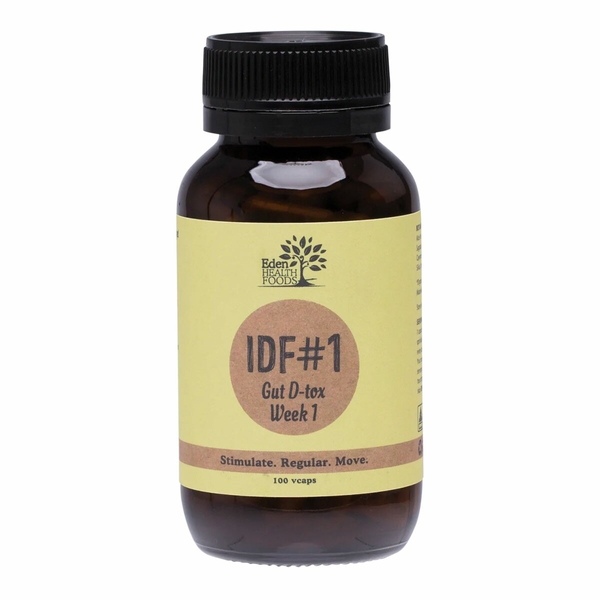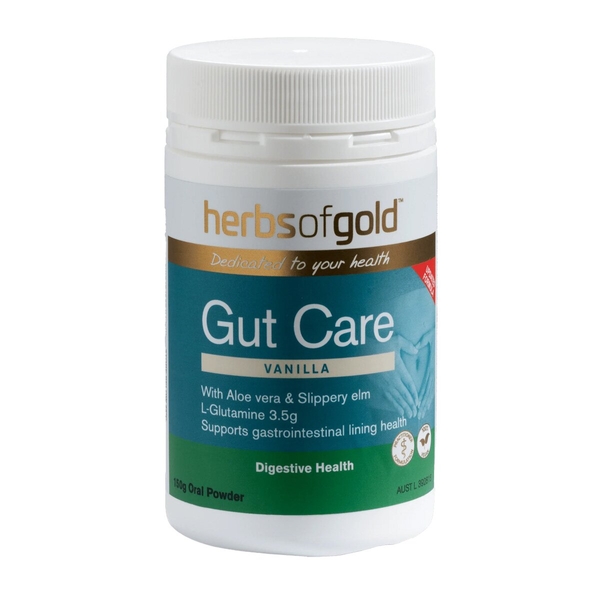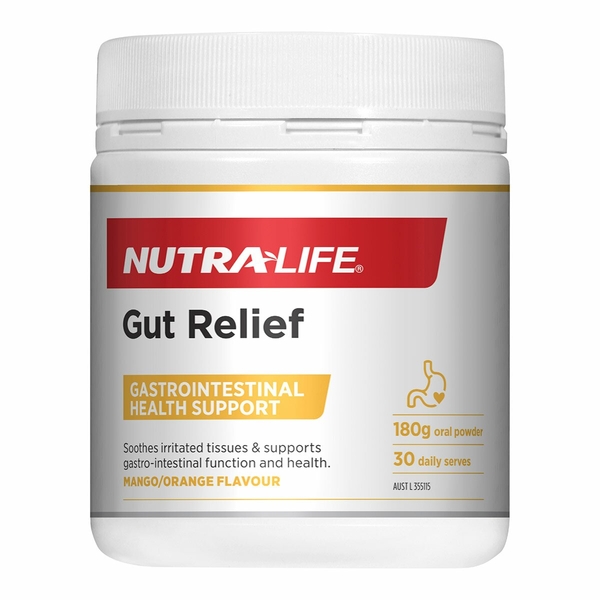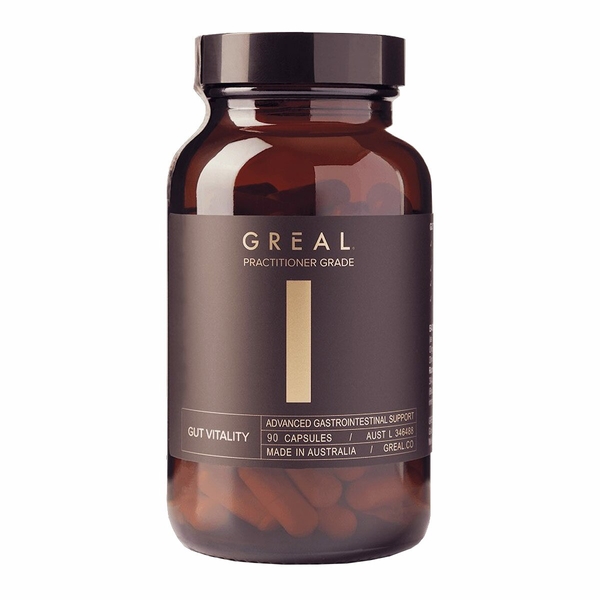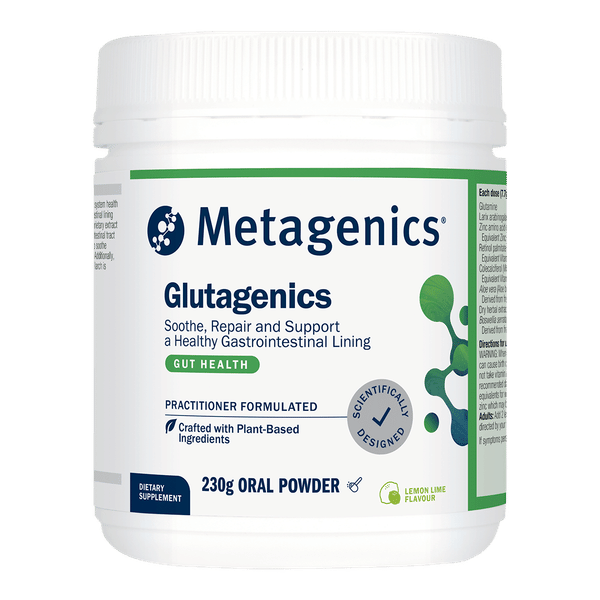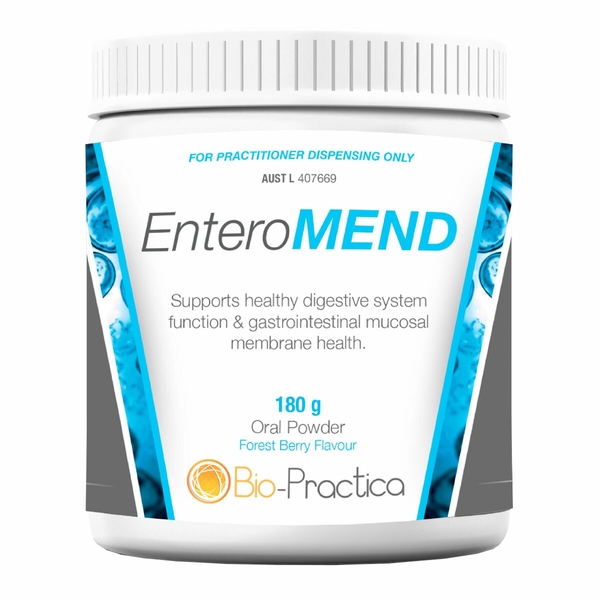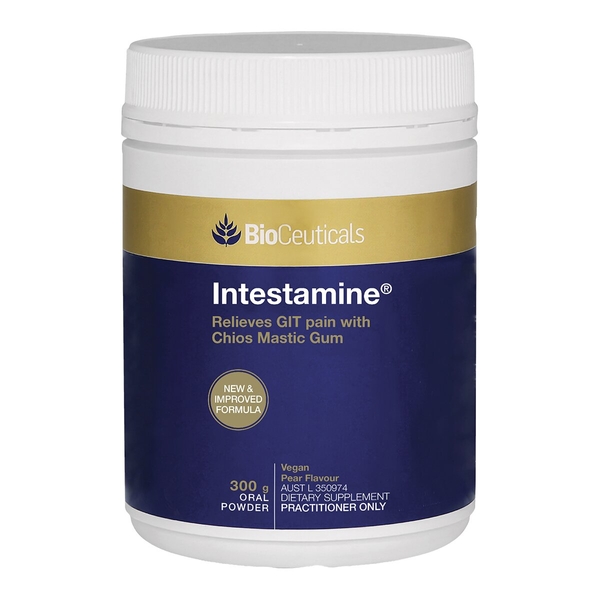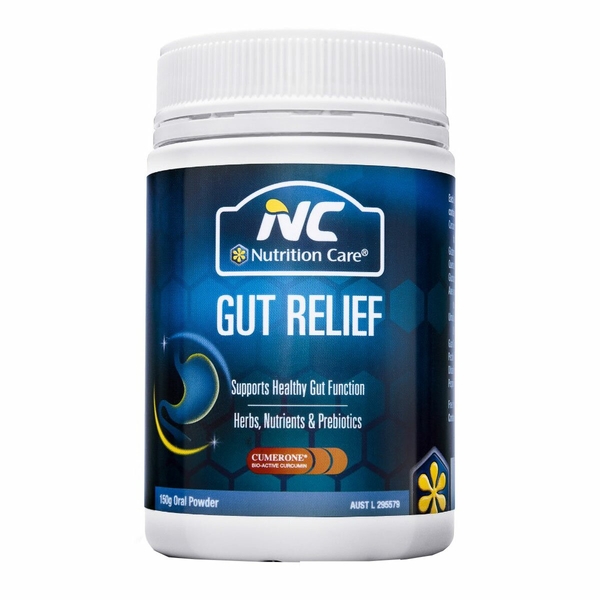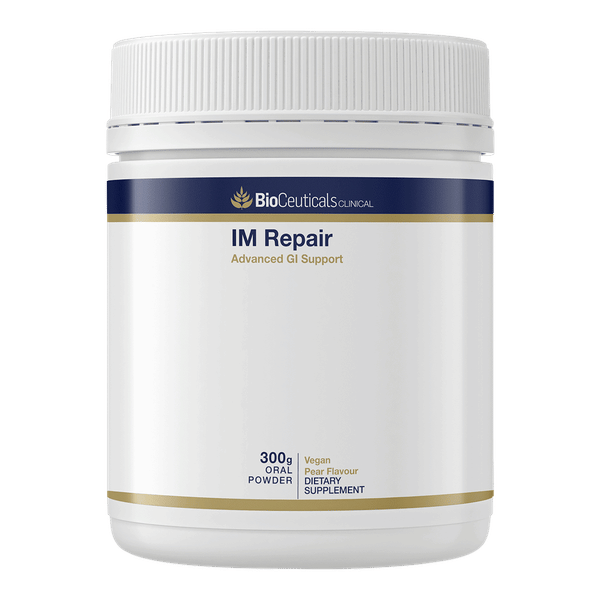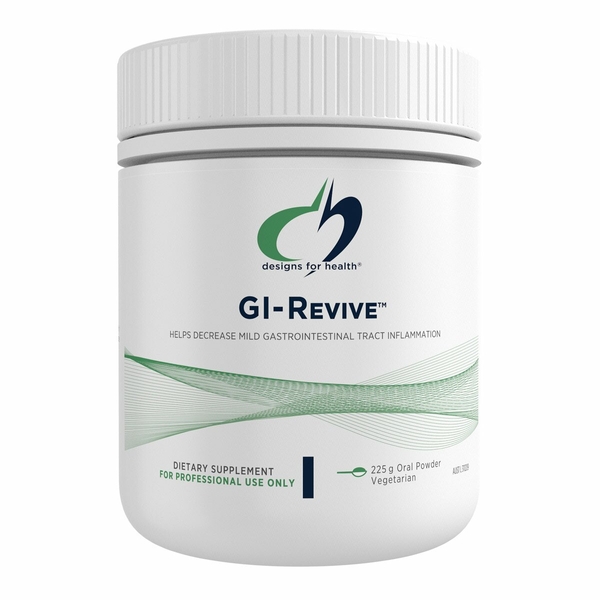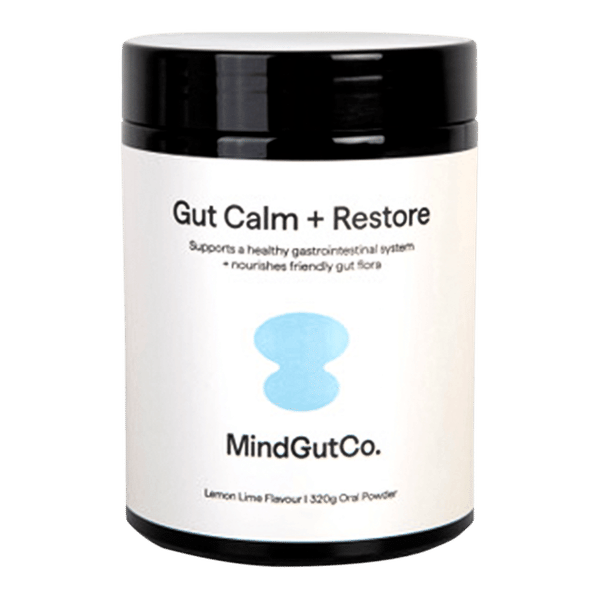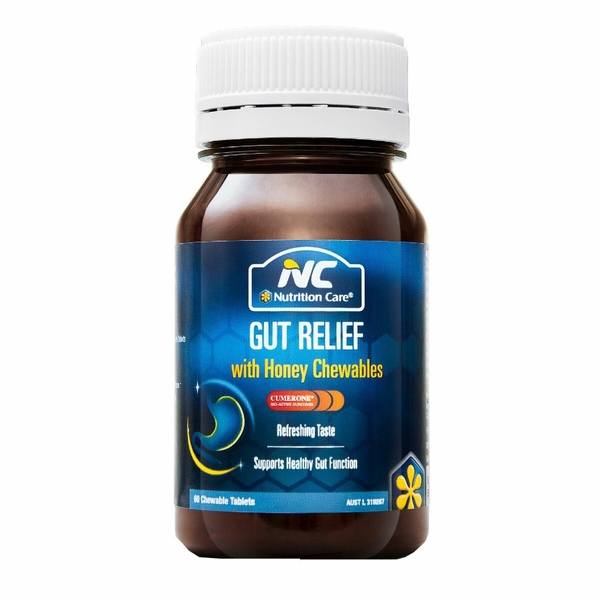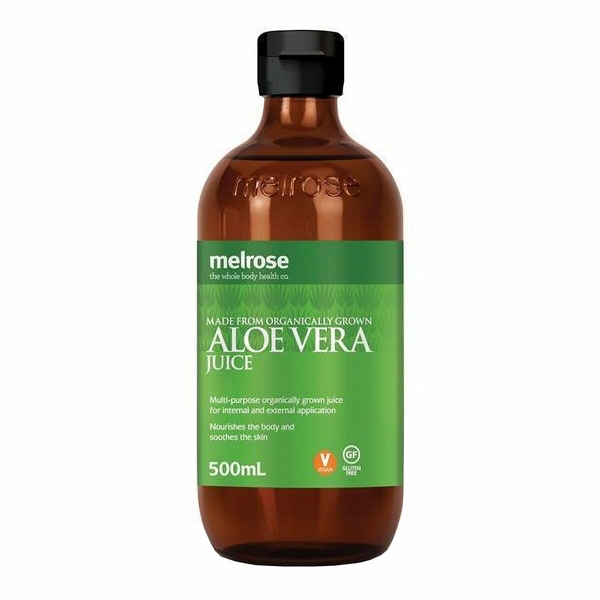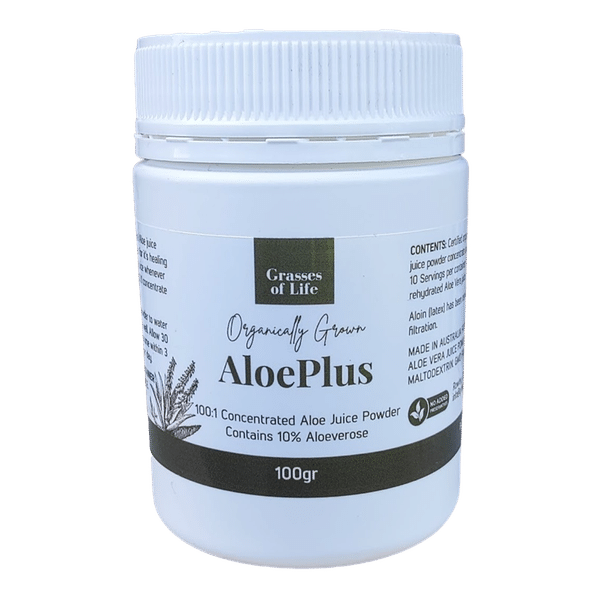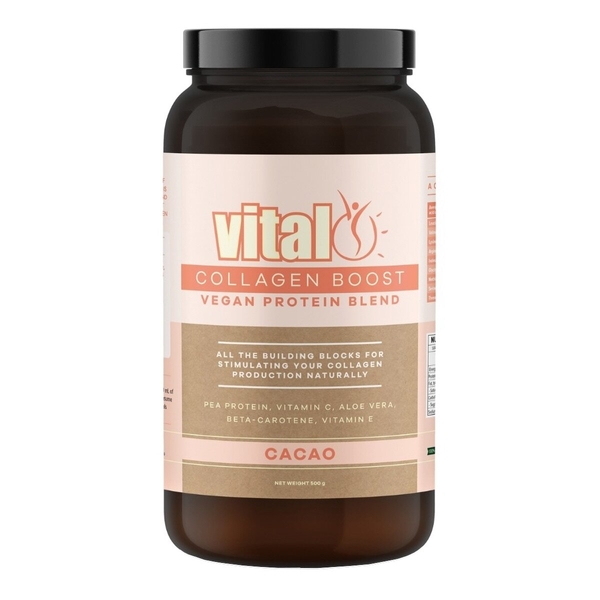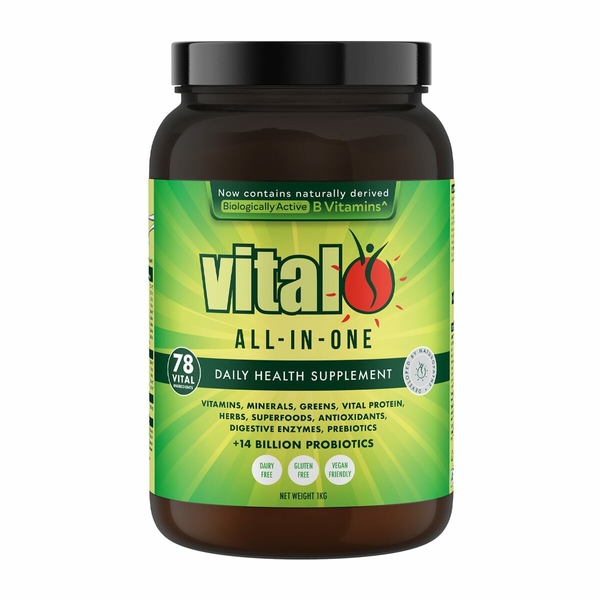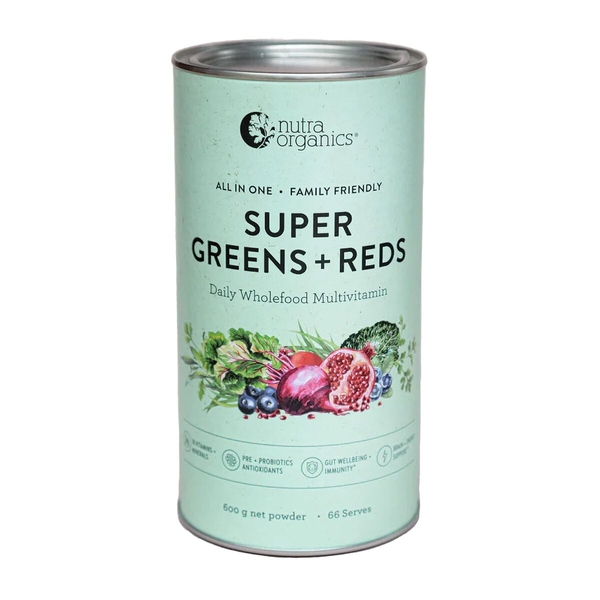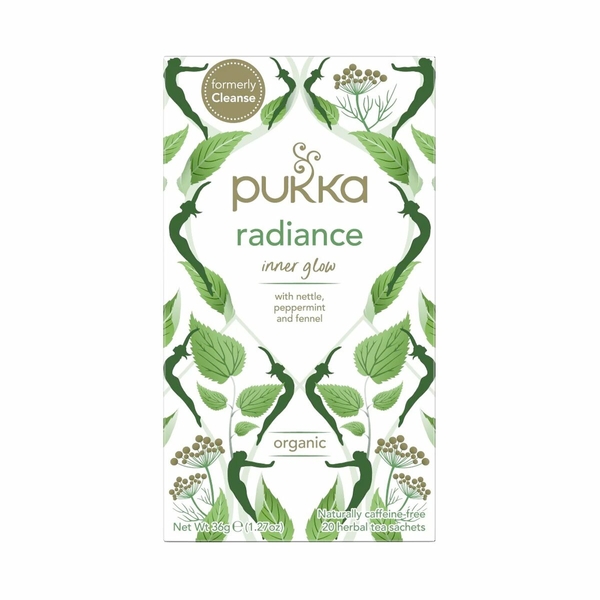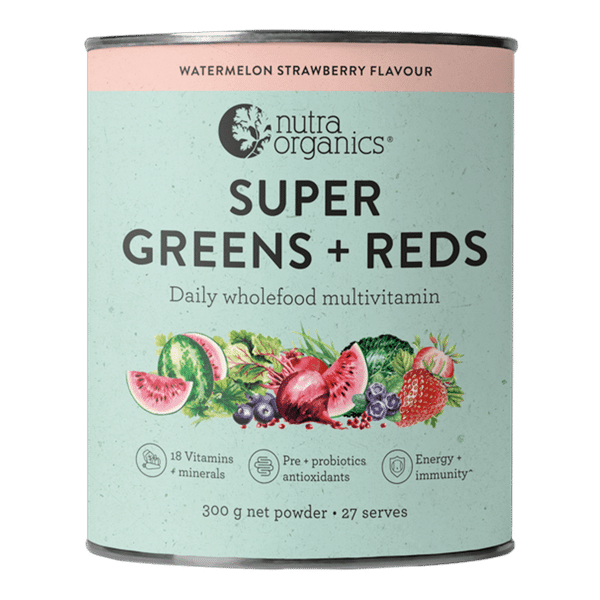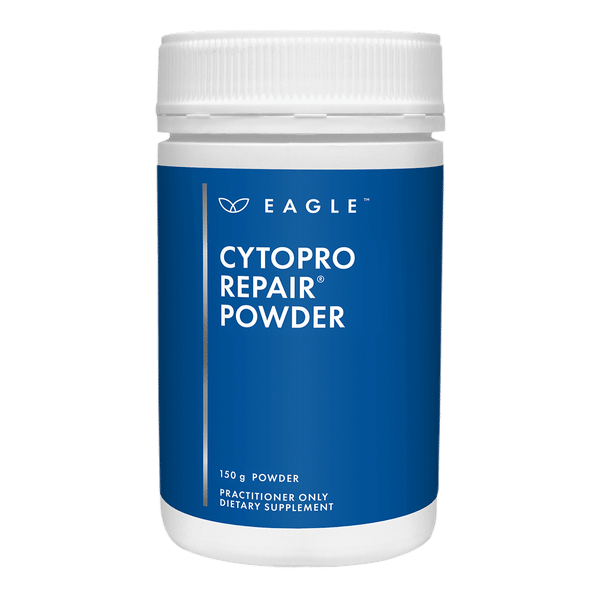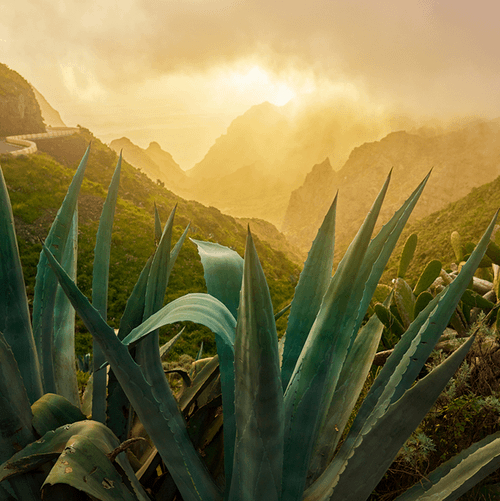
Background
Aloe gel might help some skin conditions like psoriasis. It also seems to speed up wound healing by improving blood circulation, and might combat certain types of bacteria and fungi. Aloe latex contains chemicals that work as a laxative. Some aloe products are made from the whole crushed leaf, so they contain both gel and latex.
People commonly apply aloe gel to the skin for conditions such as sunburn, acne, dandruff, and many others, but there is no good scientific evidence to support these uses. Some people take aloe products by mouth for conditions such as obesity, diabetes, osteoarthritis, and many others, but there is also no good scientific evidence to support these uses.
Safety Safety definitions
Taking aloe latex or aloe whole-leaf extract by mouth is possibly unsafe at any dose. Aloe latex is likely unsafe when taken by mouth in high doses. Aloe latex can cause side effects such as stomach pain. Long-term use of large amounts of aloe latex might cause serious side effects, including kidney and heart problems. Taking aloe latex 1 gram daily can be fatal.
When applied to the skin: Aloe gel is likely safe.
Special Precautions & Warnings:
Pregnancy and breast-feeding: Aloe gel and latex are possibly unsafe when taken by mouth. There is a report that aloe was associated with miscarriage. It might also increase the risk for birth defects. Do not take aloe by mouth if you are pregnant or breast-feeding.Children: Aloe gel is possibly safe when applied to the skin appropriately. Aloe latex and aloe whole leaf extracts are possibly unsafe when taken by mouth in children. Children younger than 12 years old might have stomach pain, cramps, and diarrhea.
Intestinal conditions such as Crohn disease, ulcerative colitis, or obstruction: Do not take aloe latex if you have any of these conditions. Aloe latex is a GI irritant. Products made from whole aloe leaves will contain some aloe latex.
Kidney problems: High doses of aloe latex have been linked to kidney failure and other serious conditions.
Surgery: Aloe might affect blood sugar levels and could interfere with blood sugar control during and after surgery. Stop taking aloe at least 2 weeks before a scheduled surgery.
Effectiveness
- Acne. Applying an aloe gel to the skin in the morning and evening, together with a prescription anti-acne medicine, can improve acne in some children and adults.
- Burns. Applying aloe gel or cream to the skin can reduce healing time in people with first- or second-degree burns.
- Constipation. Taking aloe latex by mouth can reduce constipation. But it's banned for use as a laxative by the FDA due to safety concerns.
- Diabetes. Taking aloe by mouth can reduce blood sugar and HbA1c in people with type 2 diabetes.
- Genital herpes. Applying an aloe extract 0.5% cream three times daily might help heal genital herpes outbreaks.
- An inflammatory condition that causes rash or sores on the skin or mouth (lichen planus). Using a mouthwash containing aloe gel three times daily for 12 weeks or applying a gel containing aloe twice daily for 8 weeks can reduce pain from itchy rashes in the mouth.
- Obesity. Taking a specific aloe product (Aloe QDM complex, Univera Inc.) twice daily for 8 weeks might reduce body weight and fat mass in overweight or obese people with diabetes or prediabetes.
- A painful mouth disease that reduces ones ability to open the mouth (oral submucous fibrosis). Applying aloe gel reduces burning from this condition. But it does not seem to improve the ability to open the mouth or improve cheek and tongue movements.
- Scaly, itchy skin (psoriasis). Applying a cream containing aloe extract 0.5% for 4 weeks seems to reduce skin plaques. But using an aloe gel doesn't seem to have the same effects.
- Sores in the mouth from injury or rubbing (traumatic oral ulcers). Applying a gel containing aloe to the gums after getting dental appliances such as braces helps to prevent mouth sores.
Dosing & administration
Interactions with pharmaceuticals
Digoxin (Lanoxin)
Interaction Rating=Major Do not take this combination.
When taken by mouth, aloe latex is a type of laxative called a stimulant laxative. Stimulant laxatives can decrease potassium levels in the body. Low potassium levels can increase the risk of side effects from digoxin.
Medications changed by the liver (Cytochrome P450 1A2 (CYP1A2) substrates)
Interaction Rating=Minor Be watchful with this combination.
Some medications are changed and broken down by the liver. Aloe extract might change how quickly the liver breaks down these medications. This could change the effects and side effects of these medications.
Medications for diabetes (Antidiabetes drugs)
Interaction Rating=Moderate Be cautious with this combination.
Aloe gel might lower blood sugar levels. Taking aloe along with diabetes medications might cause blood sugar to drop too low. Monitor your blood sugar closely.
Medications that slow blood clotting (Anticoagulant / Antiplatelet drugs)
Interaction Rating=Moderate Be cautious with this combination.
Aloe might slow blood clotting. Taking aloe along with medications that also slow blood clotting might increase the risk of bruising and bleeding.
Stimulant laxatives
Interaction Rating=Moderate Be cautious with this combination.
Aloe latex is a type of laxative called a stimulant laxative. Stimulant laxatives can cause diarrhea and decrease potassium levels. Taking aloe latex with other stimulant laxatives might cause more diarrhea and very low potassium levels.
Warfarin (Coumadin)
Interaction Rating=Moderate Be cautious with this combination.
Aloe latex is a type of laxative called a stimulant laxative. Stimulant laxatives speed up the bowels and can cause diarrhea in some people. Diarrhea can increase the effects of warfarin and increase the risk of bleeding. If you take warfarin, do not take excessive amounts of aloe latex.
Water pills (Diuretic drugs)
Interaction Rating=Moderate Be cautious with this combination.
Aloe latex is a laxative. Some laxatives can cause diarrhea and decrease potassium levels. "Water pills" can also decrease potassium levels. Taking aloe latex along with "water pills" might make potassium levels drop too low.
Interactions with herbs & supplements
Herbs and supplements that might slow blood clotting: Aloe might slow blood clotting and increase the risk of bleeding. Taking it with other supplements with similar effects might increase the risk of bleeding in some people. Examples of supplements with this effect include garlic, ginger, ginkgo, nattokinase, and Panax ginseng.
Herbs that contain cardiac glycosides: Aloe is a type of laxative called a stimulant laxative. Stimulant laxatives can cause diarrhea and decrease potassium levels. Using it along with supplements that contain cardiac glycosides can increase the risk of heart damage. Examples of supplements that contain cardiac glycosides include black hellebore, foxglove, lily-of-the-valley, oleander, and pleurisy root.
Horsetail: Aloe is a type of laxative called a stimulant laxative. Stimulant laxatives can cause diarrhea and decrease potassium levels. Using aloe along with horsetail increases the risk of lowering potassium levels too much.
Licorice: Aloe is a type of laxative called a stimulant laxative. Stimulant laxatives can cause diarrhea and decrease potassium levels. Using aloe along with licorice rhizome increases the risk of lowering potassium levels too much.
Stimulant laxative herbs: Aloe is a type of laxative called a stimulant laxative. Stimulant laxatives can cause diarrhea and decrease potassium levels. Taking aloe with other supplements with similar effects might cause more diarrhea and very low potassium levels. Examples of supplements with this effect include buckthorn, gossypol, rhubarb, and senna.
Interactions with foods
Products
View all products- Aloe barbadensis (Aloe vera) ext. 2.5 mg
- Glutamine 2 g
- Zinc carnosine (Polaprezinc) 74.41 mg equiv. zinc 16 mg
- Pectin 1 g
- Uncaria tomentosa ext. 200 mg
- Ulmus rubra ext. 125 mg
- Quercetin 100 mg
- Dimethyl sulfone (MSM) 100 mg
- Glycyrrhiza glabra ext. 50 mg
- Matricaria chamomilla ext. 20 mg
- Althaea officinalis ext. 5 mg
- Hibiscus esculentus ext. 25 mg
- Aloe barbadensis (Aloe vera) ext. 1.13 mg
- Glycyrrhiza glabra ext. 380 mg
- Cyamopsis tetragonoloba (Guar gum) 2.5 g
- Saccharomyces cerevisiae (boulardii) (SB) 2 billion CFU
- Althaea officinalis ext. 150 mg
- Curcuma longa ext. 263.16 mg
- Matricaria chamomilla ext. 250 mg
- Zingiber officinale ext. 62.48 mg
- Actinidia deliciosa (fruit) powder (Kiwi fruit (green)) 277.5 mg
- Ananas comosus (Bromelain) 250 mg
- Glutamine 1 g
- Aloe barbadensis (Aloe vera) 1 g
- Pea protein isolate 25.2 g
- Dunaliella salina equiv. beta-carotene 390 µg
- Malpighia glabra equiv. vitamin C 50 mg
- d-alpha-Tocopheryl acid succinate 2.5 mg
- Natural chocolate flavour
- Stevia rebaubiana
- Thaumatin
- Luo Han Guo (fruit) ext. (Monk fruit)
- Aloe barbadensis (Aloe vera) ext. 500 mg
- Arthrospira platensis (Spirulina) 1 g
- Chlorella pyrenoidosa powder 333 mg
- Wheatgrass powder 333 mg
- Inulin (Dietary fibre) 800 mg
- Lactobacillus acidophilus 5 billion CFU
- Bifidobacterium bifidum 3 billion CFU
- Bifidobacterium lactis 5 billion CFU
- Bifidobacterium longum 1 billion CFU
- Cynara scolymus powder 500 mg
- Hordeum vulgare 200 mg
- Malus (Apple) 200 mg
- Brassica oleracea var. acephala (leaf & sprout) powder (Kale) 100 mg
- Ananas comosus (Pineapple) 240 mg
- Spinacia oleracea (Spinach) 67 mg
- Beta glucan 50 mg
- Resveratrol 10 mg
- Ananas comosus (Pineapple oil) 65 mg
- Linum usitatissimum (seed) (Flaxseed) 400 mg
- Oryza sativa (Rice bran) 500 mg
- Pea protein isolate 1 g
- R-alpha lipoic acid 67 mg
- Thiamine hydrochloride (Vitamin B1) 400 µg
- Niacinamide (Vitamin B3) 5.3 mg
- Pyridoxine hydrochloride (Vitamin B6) 567 µg
- Riboflavin (Vitamin B2) 434 µg
- Pantothenic acid (Vitamin B5) 1.7 mg
- Cyanocobalamin (Vitamin B12) 0.8 µg
- Ergocalciferol (Vitamin D) 3.8 µg
- Ascorbic acid (Vitamin C) 333 mg
- d-alpha-Tocopheryl acid succinate 100 mg
- Ubidecarenone (Coenzyme Q10) 8 mg
- Copper gluconate 225 µg
- Potassium phosphate dibasic 104 mg
- Folic acid 67 µg
- Biotin 10 µg
- Silica - colloidal anhydrous 14 mg
- Magnesium citrate 42 mg
- Zinc amino acid chelate 10 mg
- Chromium picolinate 10 µg
- Calcium citrate 132 mg
- Manganese amino acid chelate 1.4 mg
- Selenomethionine 30 µg
- Beta-carotene carotenoids (Vitamin A) 1.7 mg
- Citrus bioflavonoids extract 500 mg
- Citric acid anhydrous 150 mg
- Rosmarinus officinalis powder 68 mg
- Taraxacum officinale ext. 33 mg
- Vaccinium myrtillus powder 200 mg
- Glycyrrhiza glabra powder 67 mg
- Crataegus monogyna ext. 29 mg
- Astragalus membranaceus ext. 67 mg
- Vitis vinifera ext. 67 mg
- Camellia sinensis ext. 67 mg
- Ganoderma lucidum powder 21 mg
- Lentinula edodes powder 21 mg
- Zingiber officinale powder 67 mg
- Eleutherococcus senticosus ext. 1 g
- Centella asiatica ext. 67 mg
- Withania somnifera ext. 67 mg
- Silybum marianum ext. 67 mg
- Arctium lappa ext. 21 mg
- Rosa canina powder 168 mg
- Lycium barbarum 33 mg
- Beta vulgaris (root) powder (Beetroot) 167 mg
- Daucus carota powder (Carrot) 83 mg
- Carica papaya (Papain) 250 mg
- Lecithin 725 mg
- Laminaria digitara (Kelp) 8 mg
- Natural vanilla flavour
- Natural pineapple flavour
- Thaumatin
- Stevia rebaubiana
- Luo Han Guo (fruit) ext. (Monk fruit)
- Xanthan gum
- Brassica oleracea var. italica powder 150 mg
- Malpighia glabra ext. 267 mg
- Theobroma cacao powder 100 mg
- Aloe barbadensis (Aloe vera) (leaf)
- Chlorella pyrenoidosa powder
- Brassica oleracea var. acephala (leaf) powder (Kale)
- Inulin (Dietary fibre)
- Medicago sativa
- Brassica oleracea var. italica (Broccoli)
- Spinacia oleracea (Spinach)
- Green banana
- Bacillus coagulans (GBI-30)
- Arthrospira platensis (Spirulina)
- Laminaria digitara (Kelp)
- Euterpe oleracea (berry) ext. (Acai)
- Vaccinium corymbosum
- Malpighia glabra
- Beta vulgaris
- Punica granatum juice dry
- Lycium chinese
- Golden pea protein (sprout) bio-fermented
- Apple pectin
- Rubus idaeus (berry)
- Fragaria ananassa (Strawberry)
- Hippophae rhamnoides
- Lycopersicon esculentum
- Arctic sea algae
- Sea salt
- Sunflower seed extract
- Ananas comosus (Pineapple)
- Citrus limon (Lemon)
- Linum usitatissimum (seed) (Flaxseed)
- Malus (Apple)
- Lepidium meyenii
- Natural flavours
- Silybum marianum
- Equisetum arvense
- Centella asiatica
- Glycyrrhiza glabra (root)
- Althaea officinalis (root)
- Melissa officinalis
- Taraxacum officinale (leaf)
- Zingiber officinale (root)
- Withania somnifera
- Panax ginseng
- Pumpkin powder
- Sweet potato powder
- Sunflower seed
- Vaccinium macrocarpon
- Grifola frondosa (mushroom)
- Lentinula edodes (mushroom)
- Myrciaria dubia (fruit) powder (Camu Camu)
- Protease
- Amylase enzyme
- Lipase
- Cellulase
- Lactase
- Mesquite (pod) powder
- Thaumatin
- Prunus salicina (Queen Garnet plum)
- Chlorella pyrenoidosa powder
- Aloe barbadensis (Aloe vera) (leaf)
- Golden pea protein (sprout) bio-fermented
- Medicago sativa
- Arthrospira platensis (Spirulina)
- Brassica oleracea var. acephala (leaf) powder (Kale)
- Chlorella vulgaris
- Brassica oleracea var. italica
- Spinacia oleracea
- Laminaria digitara (Kelp)
- Vaccinium corymbosum
- Fragaria ananassa (Strawberry)
- Euterpe oleracea (berry) ext. (Acai)
- Rubus idaeus
- Punica granatum
- Beta vulgaris
- Lycium barbarum
- Malpighia glabra
- Hippophae rhamnoides
- Lycopersicon esculentum (Tomato)
- Natural flavours
- Inulin (Dietary fibre)
- Apple pectin
- Green banana starch
- Bacillus coagulans (GBI-30)
- Arctic sea algae
- Sea salt
- Linum usitatissimum (seed) (Flaxseed)
- Citrus limon (Lemon)
- Sunflower seed extract
- Ananas comosus (Pineapple)
- Malus (Apple)
- Lepidium meyenii
- Silybum marianum
- Centella asiatica
- Glycyrrhiza spp. (root)
- Althaea officinalis (root)
- Melissa officinalis
- Taraxacum officinale (leaf)
- Zingiber officinale (root)
- Panax ginseng
- Pumpkin powder
- Sweet potato powder
- Vaccinium macrocarpon
- Grifola frondosa
- Lentinula edodes
- Myrciaria dubia (fruit) powder (Camu Camu)
- Protease
- Amylase enzyme
- Lipase
- Cellulase
- Lactase
- Mesquite (pod) powder
- Thaumatin
- Aloe barbadensis (Aloe vera) ext. 25 mg
- L-glutamine 2 g
- Zinc citrate 32 mg equiv. zinc 10 mg
- Curcuma longa ext. 60 mg
- Larix occidentalis (arabinogalactan) (Larch) 750 mg
- Retinyl acetate 900 μg RE equiv. vitamin A 3000 IU
- Cholecalciferol 5 μg equiv. vitamin D3 200 IU
- Apple pectin 100 mg
- Glycyrrhiza glabra deglycyrrhizinised ext. 75 mg
- Actinidia deliciosa ext. 125 mg
- Actinidia deliciosa ext. 125 mg
- Brassica oleracea var. italica ext. 75 mg

